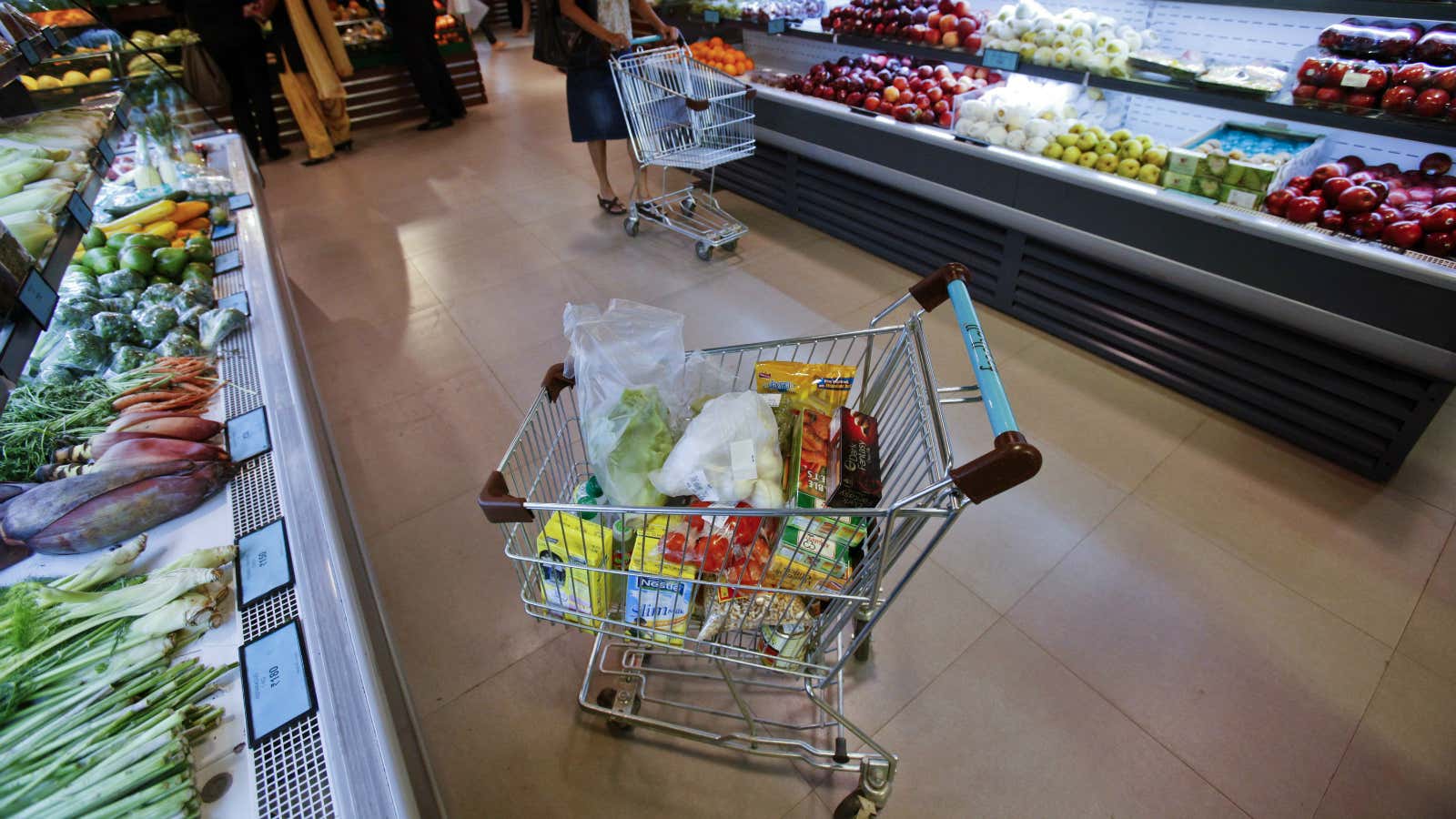As Indian consumers turn increasingly health-conscious, foods brands are keeping pace.
Rising consumer health-consciousness is expected to have a significant impact across most, if not all, packaged food categories over 2016-2021, according to February 2017 report by research agency Euromonitor. A 2016 study by the Access to Nutrition Foundation revealed that only 12% of the beverages and 16% of the snacks sold by India’s top 10 food companies were high on nutritional value.
So, in an attempt to shed their image as purveyors of unhealthy snacks, foreign firms as well as local giants, are launching products that contain less sugar, salt, and fat.
For instance, Nestle, the world’s largest food company, has promised to cut down sodium levels in its popular Maggi noodles, and sugar in Kit-Kat chocolate bars.
“We are working to improve the nutrient profile of our products, and proactively reducing sodium, salt, sugar, saturated fats, and trans-fats across relevant product categories through ongoing product reformulations,” a Nestle spokesperson told The Economic Times newspaper on March 15.
Embroiled in a costly scandal in 2015 over the use of monosodium glutamate in its noodles, Nestle will now also provide more nutritional information on its food labels, besides avoiding artificial colours in its products, according to the spokesperson. The move is in line with the company’s global plan to make its products more nutritious.
This comes just a few weeks after food and beverage giant PepsiCo’s move. The company has expanded its healthier offerings under the Quaker Oats brand to include a range of ready-to-cook Indian breakfast mixes. It also introduced a vitamin-packed fruit drink range under the Tropicana brand.
“We’ve realised that to win in nutrition in India, we need to tap into local needs and offer local products that suit the palettes of the Indian consumers,” Deepika Warrier, PepsiCo India vice-president for nutrition, told the Mint newspaper.
PepsiCo already generates 45% of its total global revenue from so-called “guilt-free” products, including low-calorie beverages and snacks made of more nutritious grains and fruits. So, the company’s strategy in India echoes a lucrative worldwide shift. The goal is to expand the local nutritious portfolio 2-2.5 times faster than the core business, Warrier said.
Passing on samosas
Indians have for years been fed on a diet of sweet, salty and spicy snacks that are often fried and rich in oil. But as urban consumers gain more exposure to global dietary trends, the shift towards healthy eating is inevitable.
India’s market for packaged healthy foods and beverages is still relatively small, at around Rs10,352 crore ($1.6 billion). However, it’s growing at about 10% annually, a 2016 report by research agency Nielsen says. That’s in part due to growing awareness of lifestyle-related diseases. Diabetes and high blood pressure, for instance, are now among the top health concerns faced by Indians.
